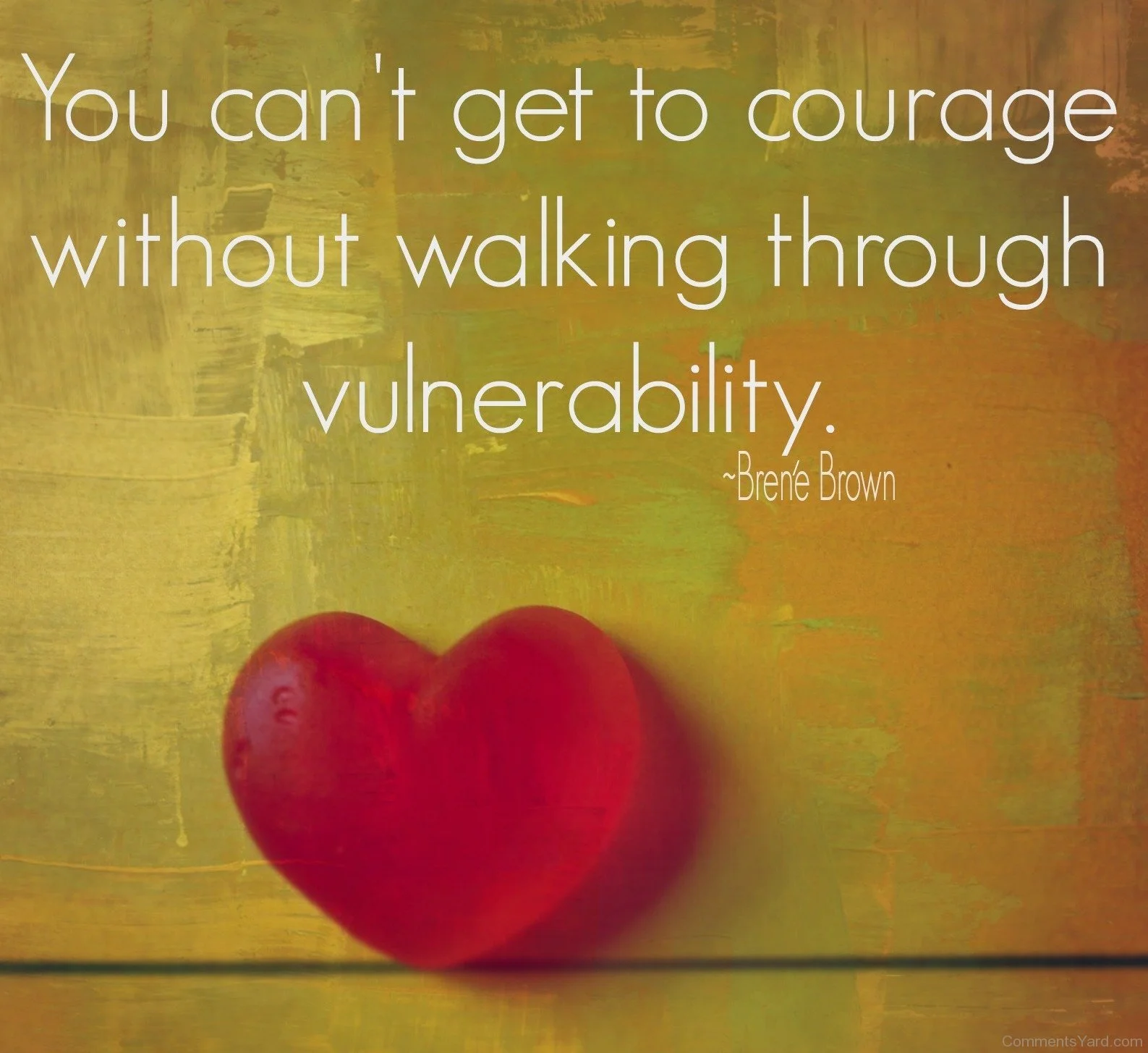Whether we are learning to ride a bike or starting a new job, the hero’s journey offers us a guide for the process we will go through: We commit to doing something new or different, we encounter people who help us along the way, we experience setbacks and successes, and in the end, we achieve our goal.
The hero’s journey is simply the human journey.
In the hero’s journey, we step outside of our comfort zone to challenge the status quo; we confront our foes, our fears, and our failures; and in the end, we create positive change and influence the world around us, as big or as small as it may be. Leadership is an iterative process. Artists are always creating and inspiring; leaders are always influencing and making the people around them better.





